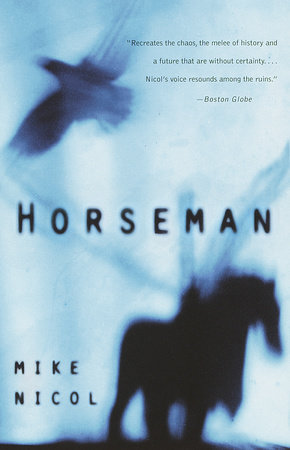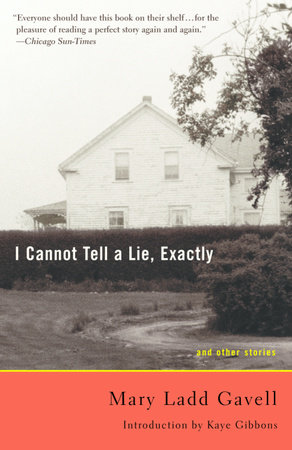

I Cannot Tell a Lie, Exactly
By Mary Ladd Gavell
By Mary Ladd Gavell
Category: Short Stories | Literary Fiction | Women's Fiction

-
Dec 18, 2007 | ISBN 9780307431240
YOU MAY ALSO LIKE

Europe’s Last Summer
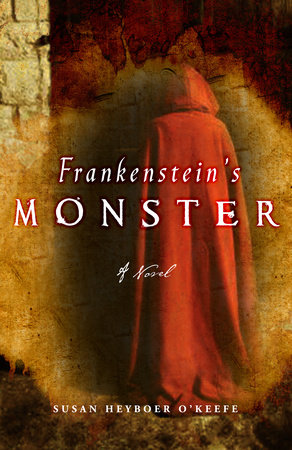
Frankenstein’s Monster
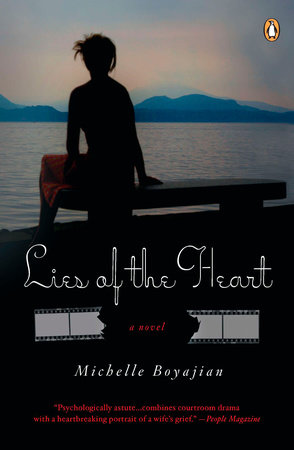
Lies of the Heart
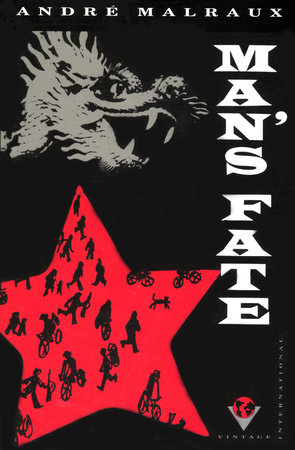
Man’s Fate
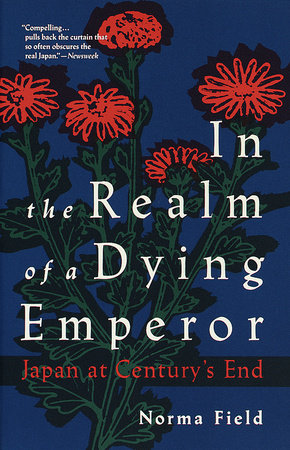
In the Realm of a Dying Emperor

Thunder in the Deep

The Disposable American

The Law of Forgiveness
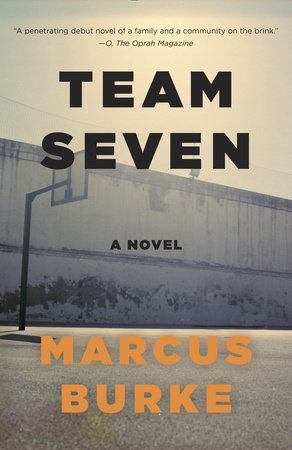
Team Seven
Praise
“Everyone should have this book on their shelf…for the pleasure of reading a perfect story again and again.”
—Chicago Sun-Times
“[Stories of] wives, mothers and daughters who know more than they say and subtly question the conventional surfaces of their lives…In her best work, Gavell’s prose is both light and deep, wry, with a quick, sharp edge.”
—The New York Times Book Review
“Like Grace Paley, Gavell takes the slice-of-life incident and transforms it into something more…with resonance and meaning.”
—San Francisco Chronicle
“Her stories made the ordinary compelling and often jabbed the sad and serious with an elbow of humor….[I Cannot Tell a Lie, Exactly] helps elevate the short story to a national art form.”
—The Seattle Times
“Replete with an understated wisdom and humor that make one regret that the book will have no encore.”
—Time Out New York
“Each [story] is a perfect gem….John Updike selected ‘The Rotifer’ for The Best American Short Stories of the Century, but any of the pieces in [this] collection could be rightly chosen for this honor.”
—BookPage
21 Books You’ve Been Meaning to Read
Just for joining you’ll get personalized recommendations on your dashboard daily and features only for members.
Find Out More Join Now Sign In






